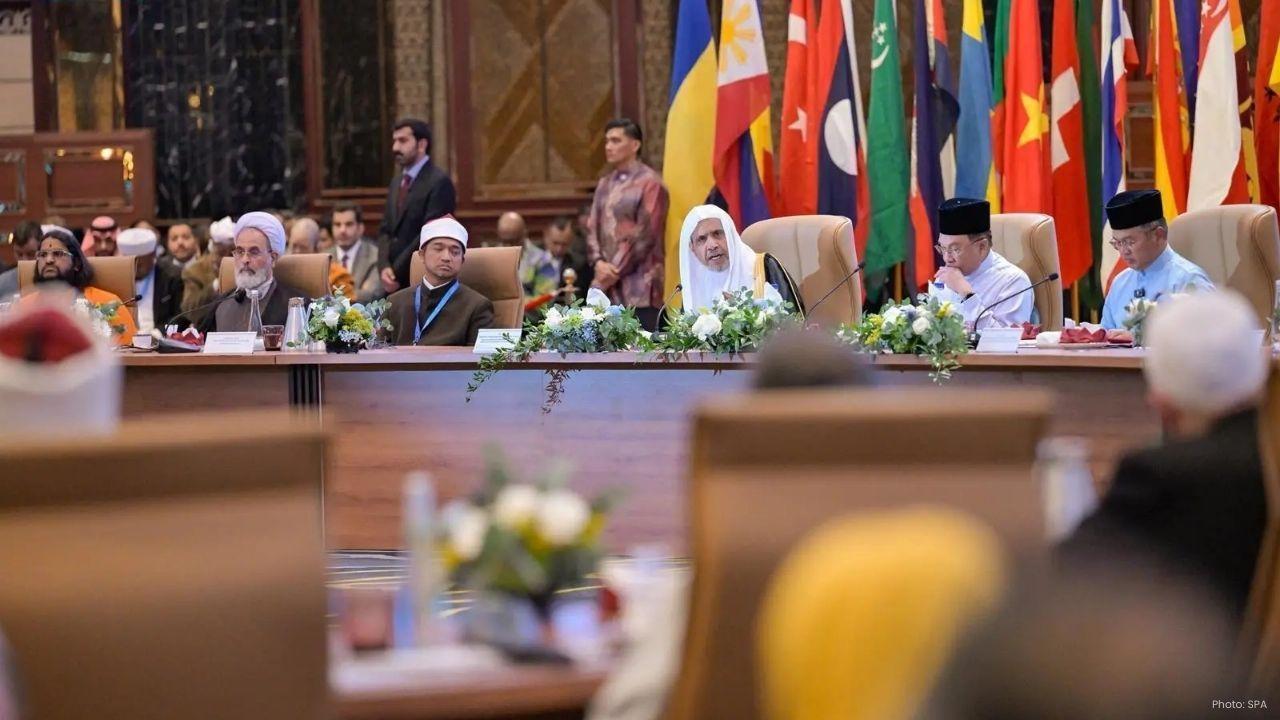
Post by : Mumtaaz Qadiri
The world is witnessing great suffering in the Gaza Strip, where thousands of innocent people face war, hunger, and destruction. Against this backdrop, the International Summit of Religious Leaders was held in Kuala Lumpur. The summit brought together more than 400 leading religious figures from different countries to raise their voices against violence and to call for peace and justice.
The summit’s message was clear: the world cannot remain silent in the face of what participants described as a war of extermination and a humanitarian catastrophe in Gaza.
Condemnation of War in Gaza
One of the strongest messages from the summit was its condemnation of the war in Gaza. Religious leaders said that the situation is not just a conflict but a deliberate war of destruction and starvation against the Palestinian people.
The leaders stressed that governments and faith leaders worldwide must act immediately to stop this crisis. They urged every country, big or small, to use its influence to pressure Israel to stop its assault on Gaza.
Failure of International Law
In its final statement, the summit said the current tragedy in Gaza is possible because of weak international law. The lack of effective laws and accountability mechanisms has allowed violations of human rights and humanitarian law to continue without punishment.
The leaders explained that when international law fails, innocent people pay the highest price. They urged the United Nations and global organizations to strengthen accountability and protect the rights of oppressed communities.
Theme of the Summit
The summit was held under the theme: “The Role of Religious Leaders in Resolving Conflicts.” It was organized under the auspices of the Malaysian Prime Minister’s Office in cooperation with the Muslim World League (MWL).
The event was inaugurated by Malaysian Prime Minister Anwar Ibrahim, who welcomed the participants and emphasized Malaysia’s support for justice and peace. The MWL Secretary-General and Chairman of the Association of Muslim Scholars, Sheikh Dr. Mohammed Al-Issa, also played a major role in the discussions.
Broad International Participation
This was not a small gathering. More than 400 prominent religious leaders from different religions and regions attended. The presence of so many faith leaders highlighted the global importance of Gaza’s tragedy.
The summit showed that religious leaders, regardless of background, can unite when it comes to protecting human life, dignity, and freedom.
Support for Palestinian Rights
In their joint communiqué, the participants clearly called for the protection of Palestinian rights. They demanded that the international community work seriously to stop the suffering of Palestinians.
The leaders also emphasized the need for establishing an independent Palestinian state in line with international resolutions. They said that only by recognizing these rights can long-term peace be achieved in the region.
Backing the Two-State Solution
The summit gave its support to the High-Level International Conference for the Peaceful Settlement of the Question of Palestine, which had been organized by Saudi Arabia in partnership with France at the United Nations in New York.
This conference had already stressed the importance of the two-state solution as the only path to real peace. By endorsing this, the summit reinforced the international call for two states: Israel and Palestine living side by side in peace.
Role of Religious Leaders in Peace
The summit was not just about governments. Religious leaders pledged to use their spiritual and social influence to support peace.
They promised to mobilize their communities, promote justice in their countries, and build political and diplomatic support for the Palestinian cause. Their moral voice, they said, can pressure leaders and societies to act with compassion and fairness.
Endorsement of Landmark MWL Documents
The final communiqué also supported two important documents issued earlier by the Muslim World League (MWL).
The first is the Charter of Makkah, a landmark declaration that emphasizes unity, peace, and human dignity. The second is the Charter of Building Bridges between Islamic Schools of Thought and Sects, which was also adopted by consensus in Makkah under the patronage of Custodian of the Two Holy Mosques King Salman bin Abdulaziz Al Saud.
By endorsing these documents, the summit highlighted the importance of religious unity and cooperation in solving global conflicts.
A Call for Global Responsibility
The summit’s overall message was that the Gaza crisis is not just a local or regional issue—it is a global responsibility. The suffering of one people should move the conscience of all humanity.
The participants reminded the world that when innocent lives are destroyed, when children are starved, and when entire communities are uprooted, every nation has a moral duty to respond.
Bridging Faith and Humanity
Throughout the discussions, participants stressed that faith must serve humanity. Religious leaders are not only spiritual guides but also voices of conscience in times of crisis.
The summit showed how religion can be a source of peace and compassion, not division. By coming together, leaders demonstrated that shared human values of justice, mercy, and dignity can guide the world toward solutions.
Malaysia’s Role as Host
Malaysia played a key role by hosting the summit. Prime Minister Anwar Ibrahim made it clear that his country will always stand with justice and with the oppressed. He also expressed pride that Malaysia could bring together global faith leaders to discuss one of the most urgent crises of our time.
This reflects Malaysia’s growing role as a bridge-builder in international affairs and as a supporter of humanitarian causes.
Message to the International Community
At the end of the summit, the leaders delivered a strong message to the international community. They called for immediate action to stop the suffering in Gaza, protect civilians, and work towards a just and lasting peace.
They said words are not enough. Concrete steps must be taken, including humanitarian aid, diplomatic pressure, and legal accountability.
Faith Leaders United for Peace
The International Summit of Religious Leaders in Kuala Lumpur was more than just a meeting. It was a moral outcry against war, starvation, and destruction.
By condemning the situation in Gaza, supporting Palestinian rights, backing the two-state solution, and endorsing unity documents, the summit set a strong example of how religious leaders can shape global discussions on peace.
The tragedy in Gaza has shocked the global conscience, but this summit has shown that hope still exists when people of faith and goodwill unite for justice.
Gaza humanitarian crisis, Religious leaders summit, Palestinian state rights





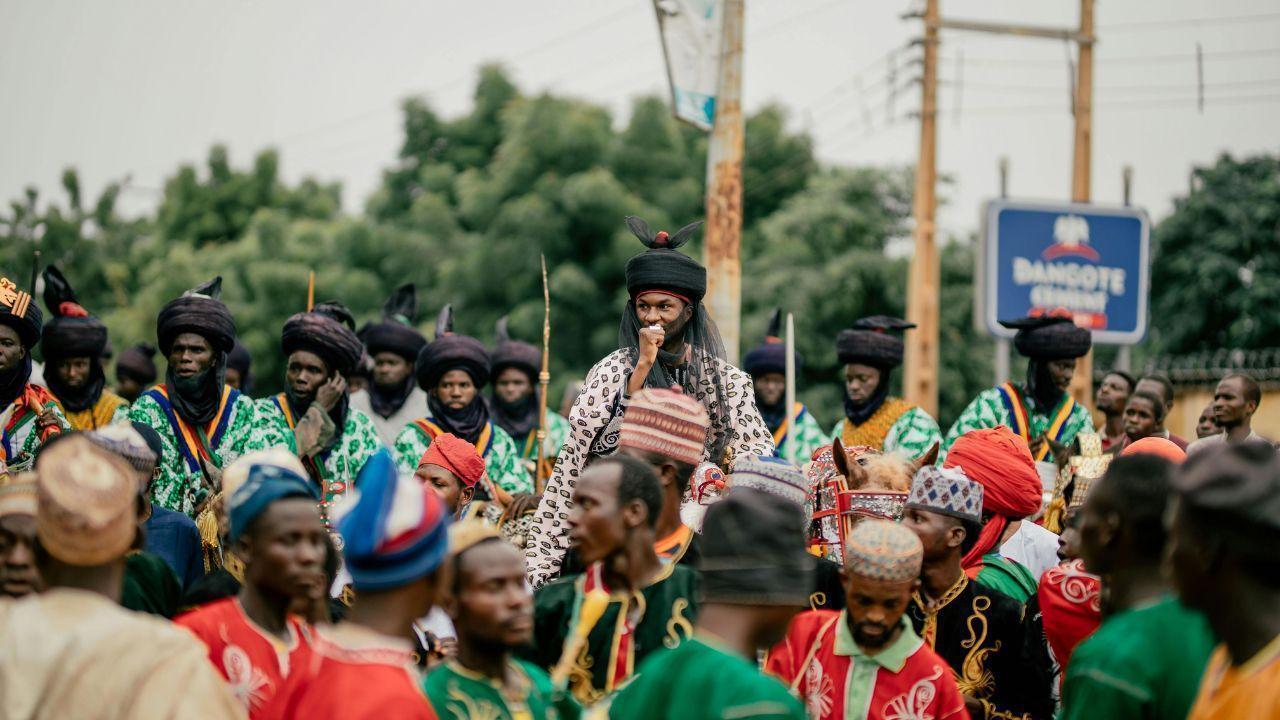

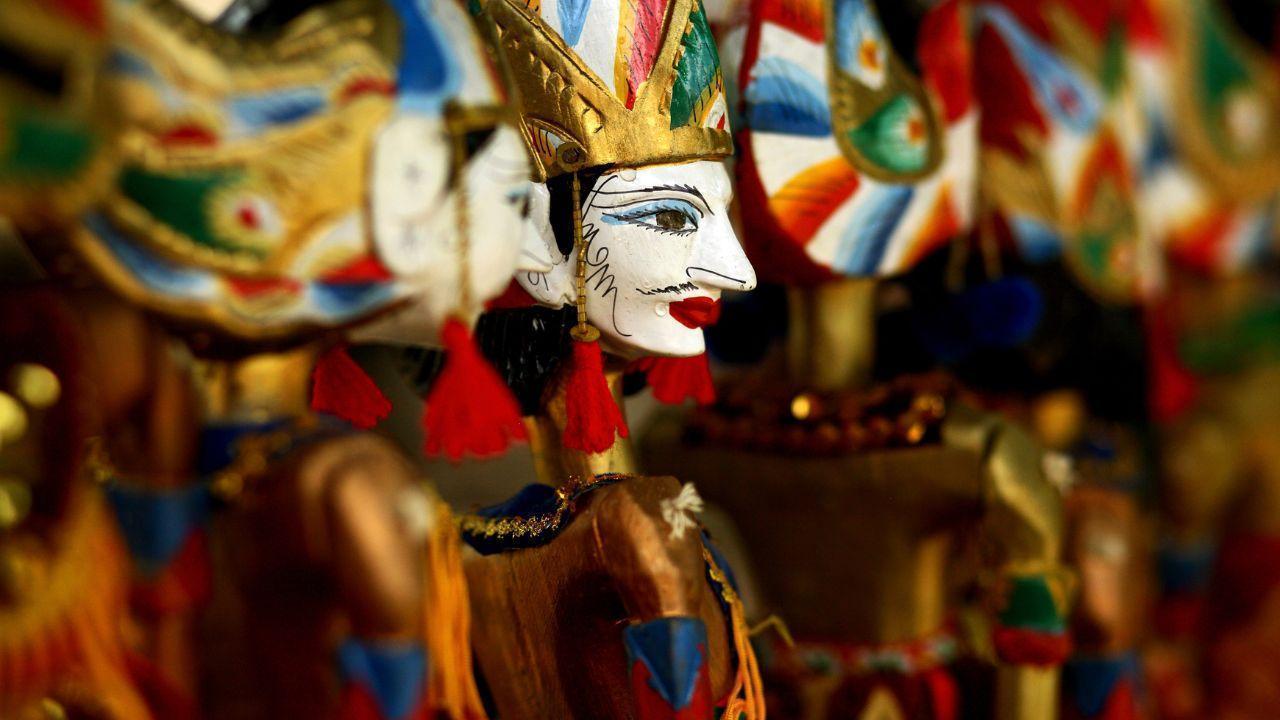
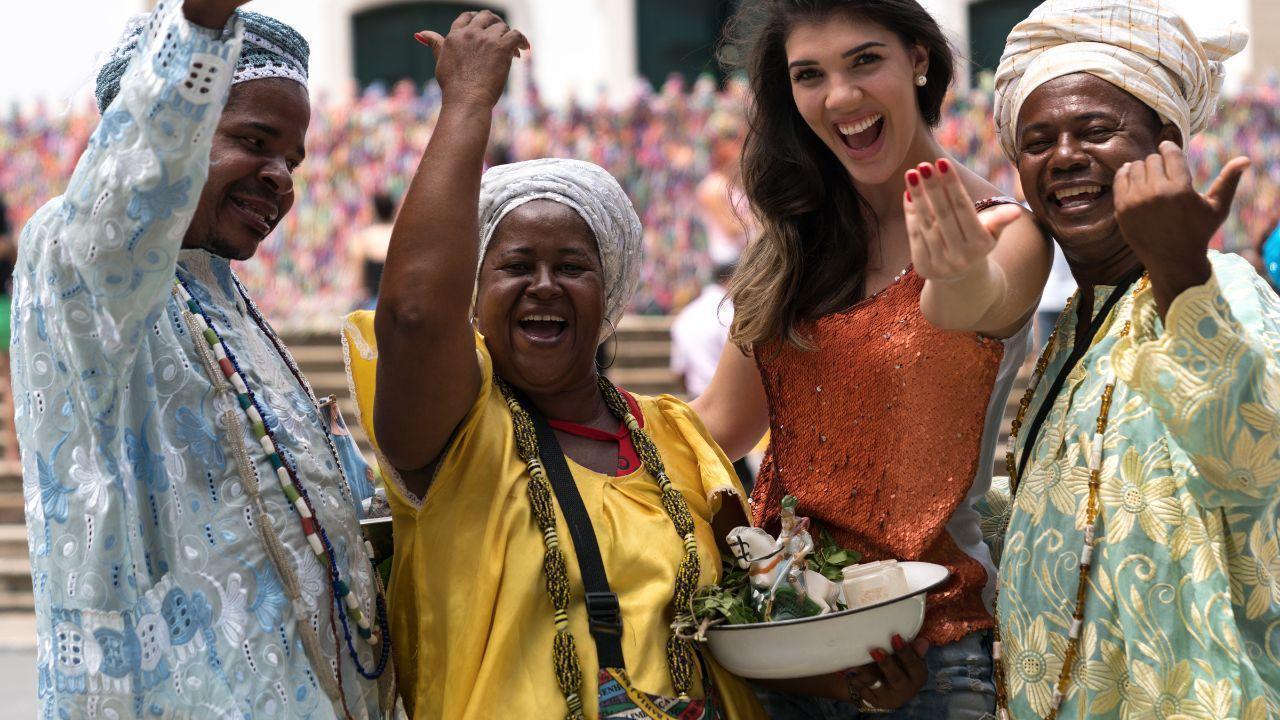
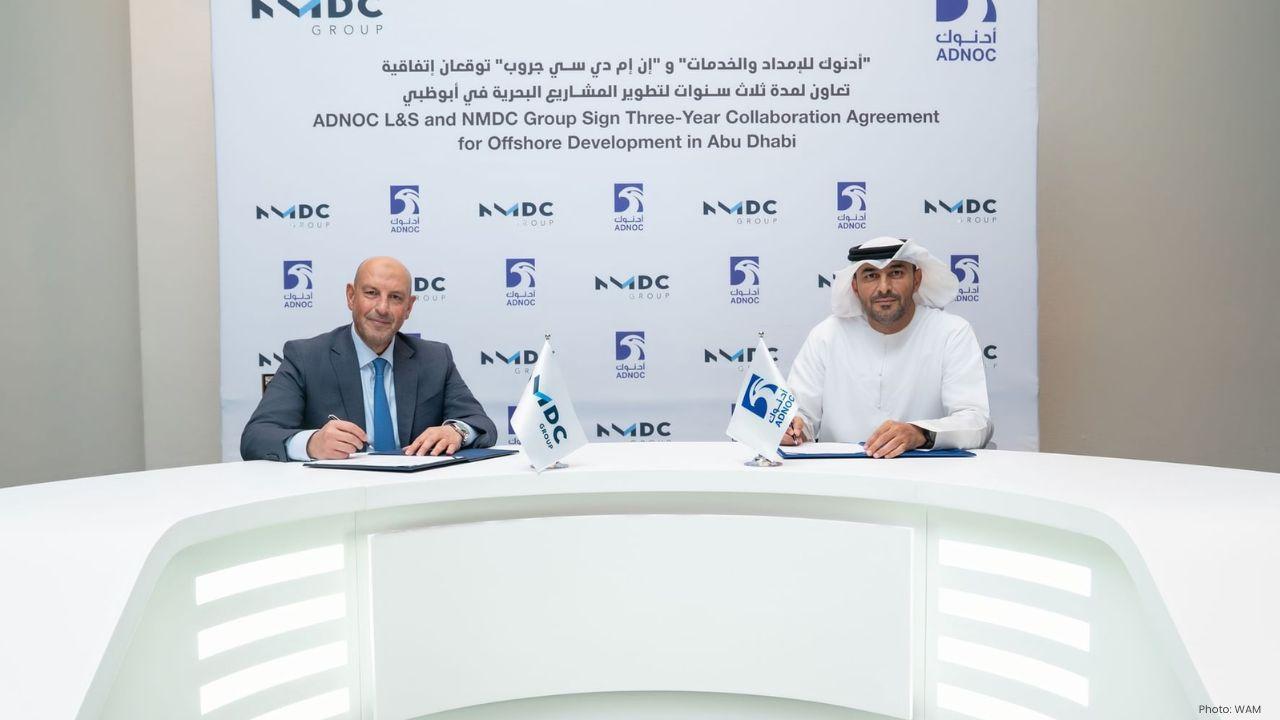
NMDC Group And ADNOC L&S Sign Three-Year Deal For Offshore Work
NMDC Group and ADNOC Logistics & Services sign a three-year deal to deliver maritime services for of
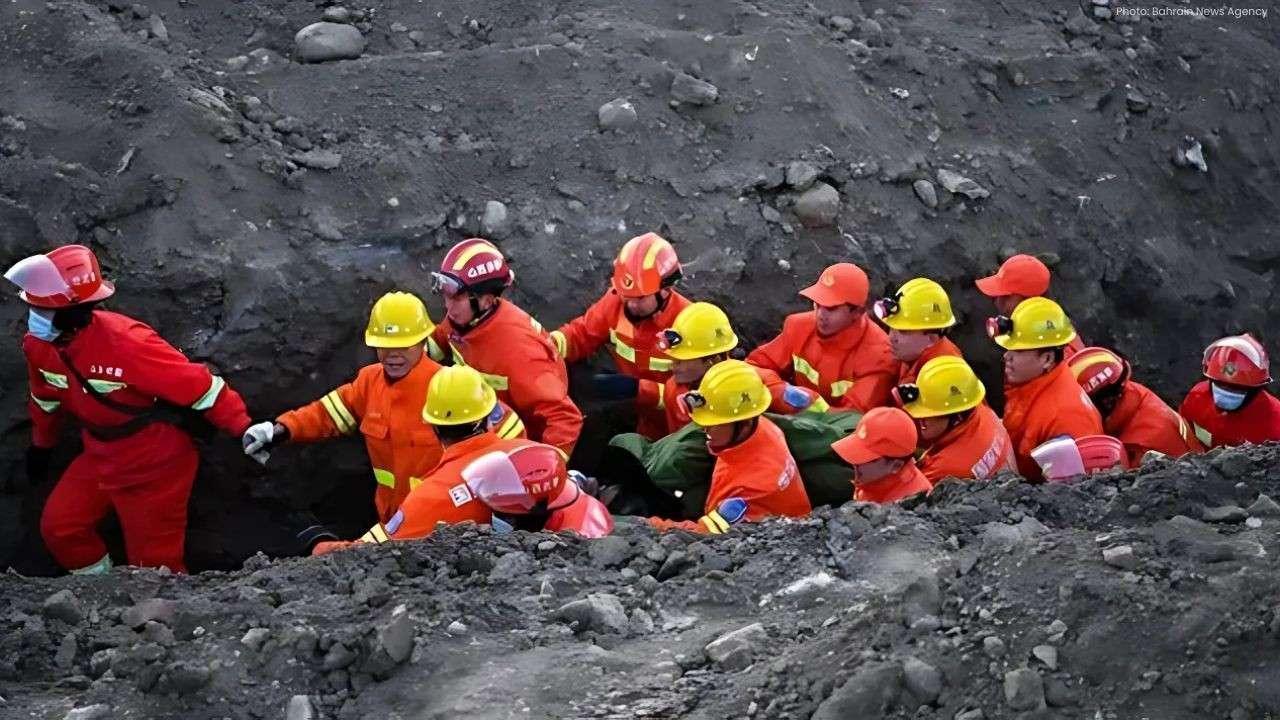
Six Miners Trapped After Earthquake Hits Coal Mine In China
A mining-related earthquake struck a coal mine in Heilongjiang, China, trapping six miners undergrou
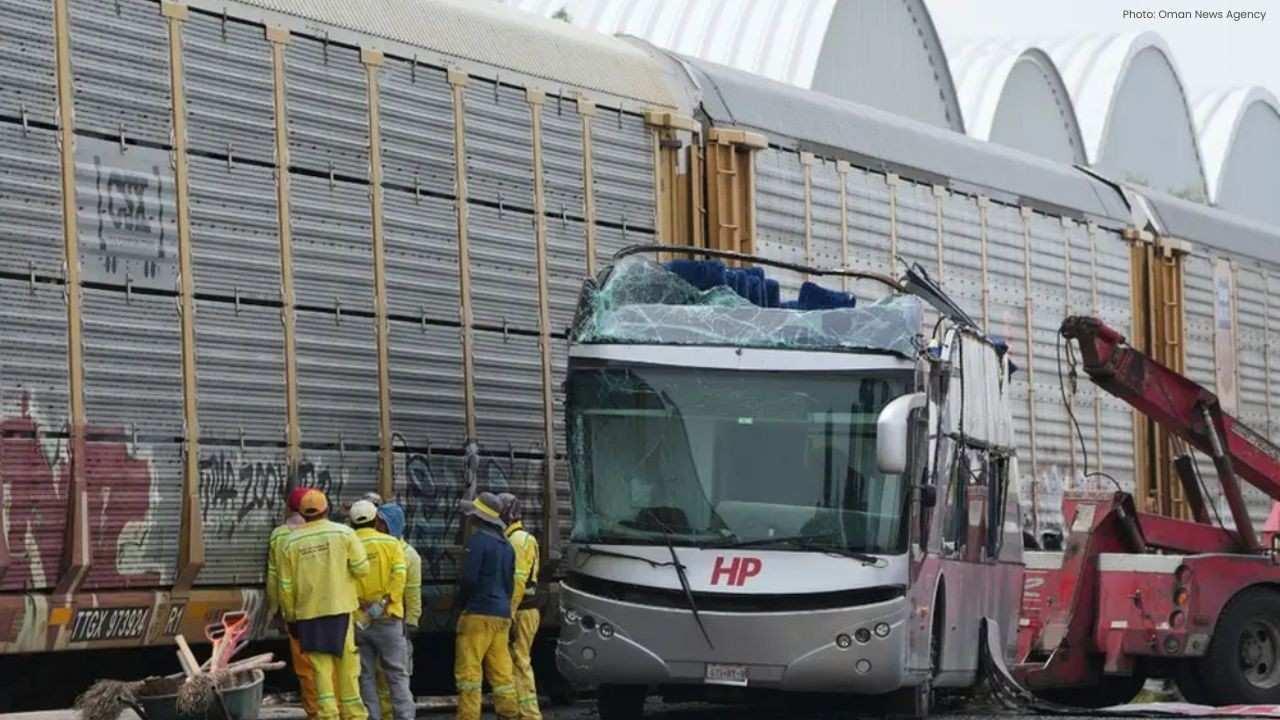
Train Collides With Bus In Mexico Killing 10 And Injuring Many
At least 10 dead and 41 injured after a train hit a bus at a rail crossing in Mexico. Authorities co
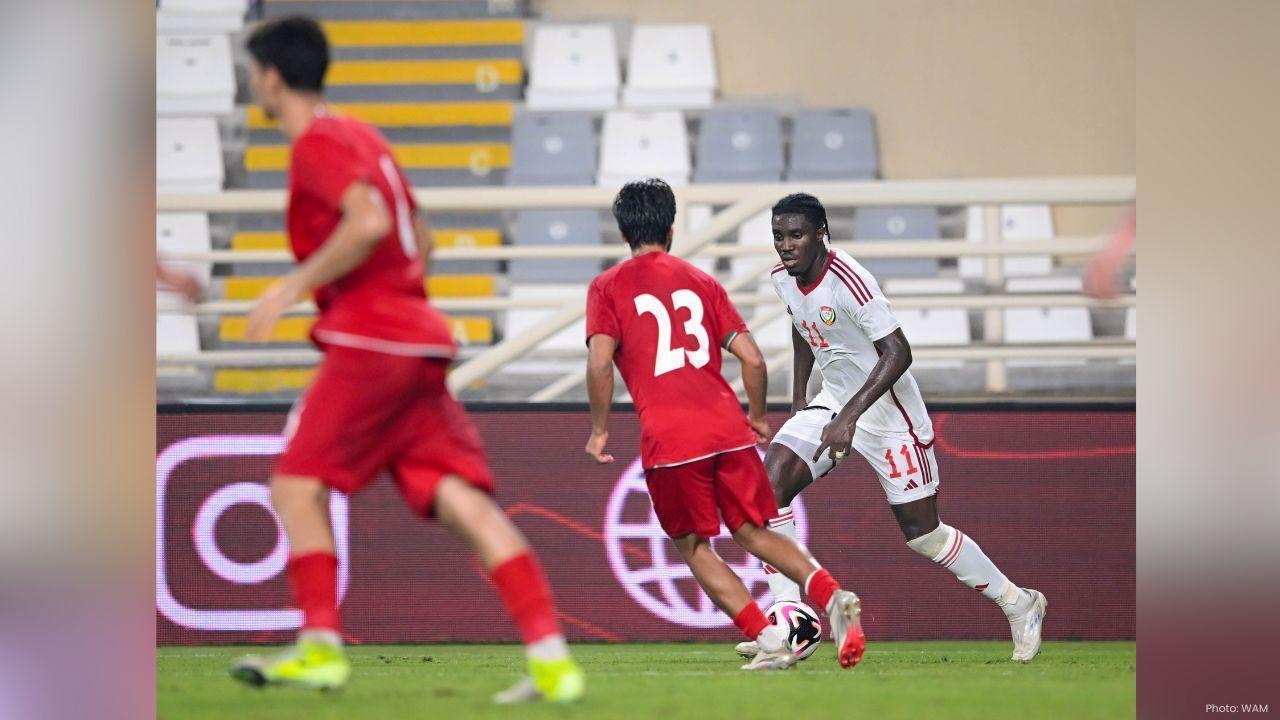
UAE Olympic Football Team Qualifies For AFC U-23 Asian Cup Finals
UAE Olympic football team qualifies for AFC U-23 Asian Cup finals in Saudi Arabia despite 3-2 loss t

Apple Launches iPhone Air With Thinnest Design & Pro Performance
Apple unveils the new iPhone Air, its thinnest model with pro performance, multiple colors, large st

Al Wakrah Wins French Arabian Breeders’ Challenge Sprint Again
Al Wakrah, trained by Jean de Mieulle, wins French Arabian Breeders’ Challenge Sprint in France, mar